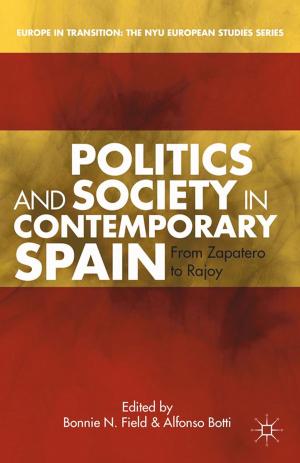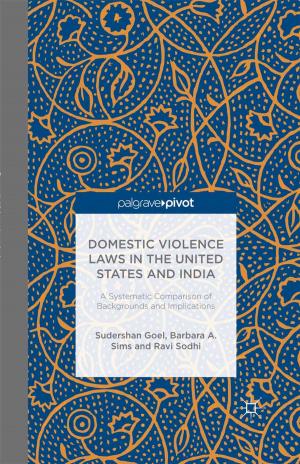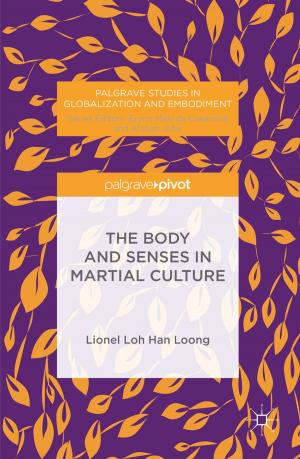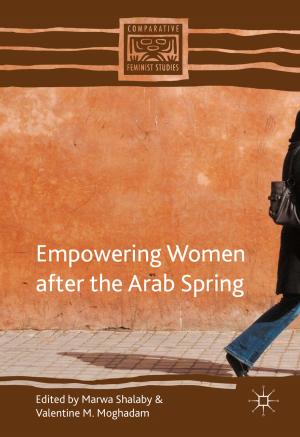Corpus
An Interdisciplinary Reader on Bodies and Knowledge
Nonfiction, Social & Cultural Studies, Social Science, Anthropology, Gender Studies| Author: | M. Casper, P. Currah | ISBN: | 9780230119536 |
| Publisher: | Palgrave Macmillan US | Publication: | June 20, 2011 |
| Imprint: | Palgrave Macmillan | Language: | English |
| Author: | M. Casper, P. Currah |
| ISBN: | 9780230119536 |
| Publisher: | Palgrave Macmillan US |
| Publication: | June 20, 2011 |
| Imprint: | Palgrave Macmillan |
| Language: | English |
Corpus begins with the argument that traditional disciplines are unable to fully apprehend the body and embodiment and that critical study of these topics urgently demands interdisciplinary approaches. The collection's 14 previously unpublished essays grapple with the place of bodies in a range of twenty-first century knowledge practices, including trauma, surveillance, aging, fat, food, feminist technoscience, death, disability, biopolitics, and race, among others. The book's projected audience includes teachers and scholars of bodies and embodiment, interdisciplinary scholars and practitioners, and scholars interested in the any of the substantive content covered in the book. The collection could be adopted in courses on the body at advanced undergraduate and graduate levels, including: cultural studies; queer, gender and sexuality studies; body and power; biopolitics; intersectional approaches to the body; anthropology of the body; sociology of the body; embodiment and space; digital bodies; anthropology of knowledge production; health, illness, and medicine studies; science, knowledge, and technology studies; and philosophy and social theory.
Corpus begins with the argument that traditional disciplines are unable to fully apprehend the body and embodiment and that critical study of these topics urgently demands interdisciplinary approaches. The collection's 14 previously unpublished essays grapple with the place of bodies in a range of twenty-first century knowledge practices, including trauma, surveillance, aging, fat, food, feminist technoscience, death, disability, biopolitics, and race, among others. The book's projected audience includes teachers and scholars of bodies and embodiment, interdisciplinary scholars and practitioners, and scholars interested in the any of the substantive content covered in the book. The collection could be adopted in courses on the body at advanced undergraduate and graduate levels, including: cultural studies; queer, gender and sexuality studies; body and power; biopolitics; intersectional approaches to the body; anthropology of the body; sociology of the body; embodiment and space; digital bodies; anthropology of knowledge production; health, illness, and medicine studies; science, knowledge, and technology studies; and philosophy and social theory.















